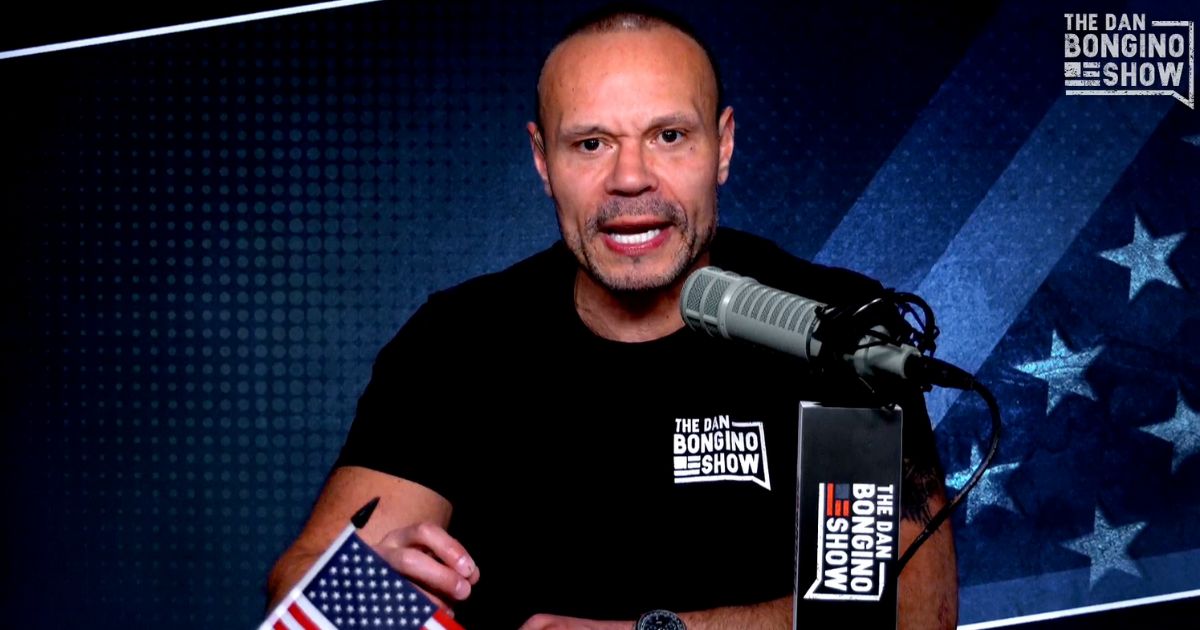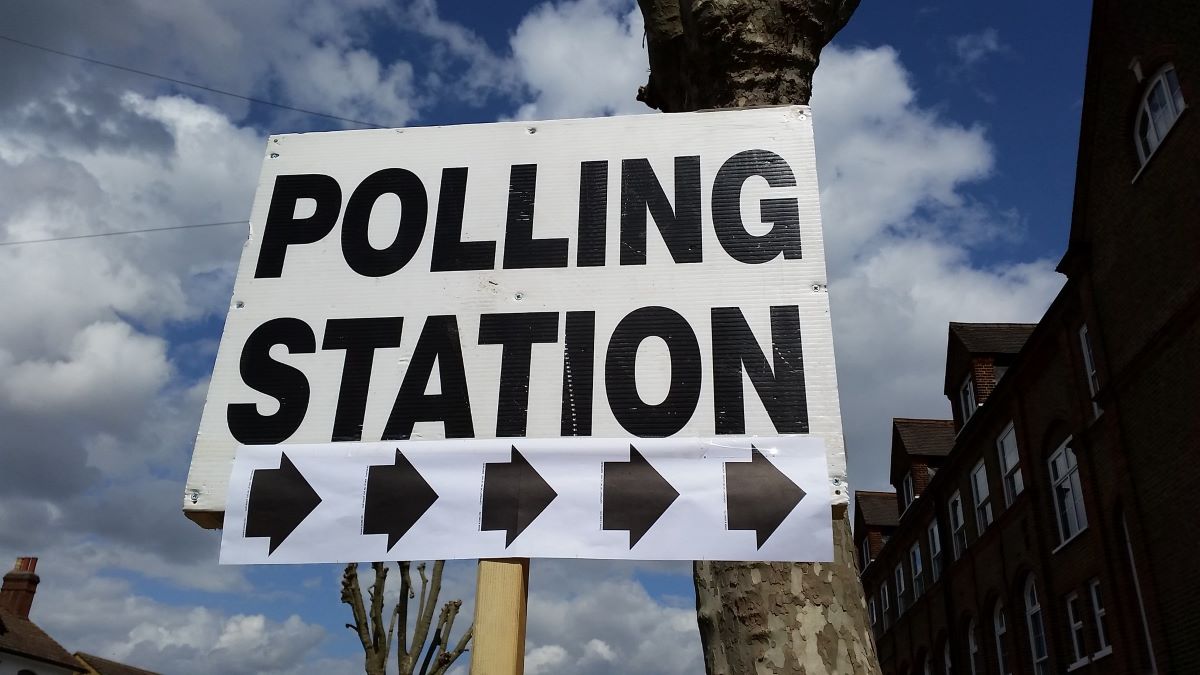Chair Jerome Powell Stresses Fed Independence, Defers Climate Policymaking
Federal Reserve Chair Jerome Powell stressed that the central bank must be independent while dealing with rising inflation.
During a Speech at Sweden’s Riksbank on Tuesday, the head of the U.S. central bank stated that resuscitating price stability requires employing difficult measures that may not be politically popular.
“Price stability is the bedrock of a healthy economy and provides the public with immeasurable benefits over time. But restoring price stability when inflation is high can require measures that are not popular in the short term as we raise interest rates to slow the economy,” He spoke at a Stockholm central bank forum. “The absence of direct political control over our decisions allows us to take these necessary measures without considering short-term political factors.”
Powell stressed that “independence comes the responsibility to provide the transparency that enables effective oversight by Congress” that can facilitate the central bank’s “democratic legitimacy.”
Recent years have seen politicians from both sides of Congress criticize the Federal Reserve system.
Sen. Elizabeth Warren (D-Mass.For example, he repeatedly hit the body with his fists over the past year.
Warren and other Democratic senators signed a legislation in November Letter expressing concerns over Powell’s “disturbing warning that American families should expect ‘pain’ over coming months.”
“You continue to double down on your commitment to ‘act aggressively’ with interest rate hikes and ‘keep at it until it’s done,’ even if ‘no one knows whether this process will lead to a recession or if so, how significant that recession would be.’ These statements reflect an apparent disregard for the livelihoods of millions of working Americans, and we are deeply concerned that your interest rate hikes risk slowing the economy to a crawl while failing to slow rising prices that continue to harm families,” These were the words of the legislators.
Warren, Massachusetts was the summer of 2003. Submitted CNN reports that she is “very worried” that the Fed’s tightening cycle will “tip the economy into recession.”
Since March, the Fed has raised benchmark interest rates by 425 basis points, bringing the federal funds rate to a 15-year high, to a range of 4.25–4.50 percent.
The White House reaffirmed President Joe Biden’s commitment to Fed independence during a meeting with Powell in May.
“The president underscored to Chair Powell in the meeting what he has underscored consistently, including today, that he respects the independence of the Federal Reserve,” Brian Deese, the president’s top economic adviser, Submitted reporters.
Last month, Republican senators led by Pat Toomey (R-Penn), were led by the Ranking Member of Senate Banking Committee Pat Toomey.), introduced the Federal Reserve Accountability Act. The purpose of the legislation is to bolster the organization’s accountability.
“Despite their narrow and nonpartisan statutory mandates, the Fed and regional Fed banks have increasingly inserted themselves into politically charged issues like global warming and social justice,” said Sen. Toomey in a statement. “Congress has a responsibility to ensure the Fed does not become a political actor. This legislation will further that important goal by reforming the Fed to make it more accountable to Congress and the American people.”
Climate Policymaking
According to the Federal Reserve Act of 1913, the Fed’s mandates have been maximum employment, price stability, and moderate long-term interest rates. However, in 2020, it did update its monetary policy guidance that redefines full employment as “a broad-based and inclusive goal that is not directly measurable and changes over time owing largely to nonmonetary factors that affect the structure and dynamics of the labor market.”
In recent years, Fed officials, lawmakers, and economists have suggested that the central bank add another mandate: climate change.
Although the Fed could consider climate-related financial risks, Powell believes that adopting new objectives “without a clear statutory mandate would undermine the case for our independence.”
Addressing climate change should be performed by elected branches of government that reflect the will of the people, Powell suggested.
“But without explicit congressional legislation, it would be inappropriate for us to use our monetary policy or supervisory tools to promote a greener economy or to achieve other climate-based goals,” he said. “We are not, and will not be, a ‘climate policymaker.’”
This year, the Fed will establish a pilot program that will feature the country’s six largest banks to participate in a “scenario analysis” that tests these companies’ stability following significant climate events.
Any Hints?
Powell was quiet about any potential decisions ahead of the upcoming two-day Federal Open Market Committee (FOMC) policy meeting on Jan. 31–Feb.1.
With price inflation growth slowing, investors widely expect the Fed to pull the trigger on a quarter-point rate hike, lifting the target rate to a range of 4.50–4.75 percent, according to the CME FedWatch Tool.
Despite the annual inflation heading downward, the consensus at the Fed is that more work needs to be done to return inflation to the Fed’s target rate of 2 percent. At the same time, there is a growing expectation that the central bank will start cutting interest rates in response to a recession.
“With a sharp rise in the unemployment rate triggered by a recession and inflation showing clearer signs of progress by end-2023, we expect the Fed to cut rates by 200 basis points through mid-2024, approaching a neutral level around 3 percent in 2024,” Deutsche Bank economists said in a note.
According to the Fed’s Survey of Economic Projections (SEP), officials see the GDP growth rate at 0.5 percent in 2023 and the unemployment rate rising to 4.6 percent.
" Conservative News Daily does not always share or support the views and opinions expressed here; they are just those of the writer."







